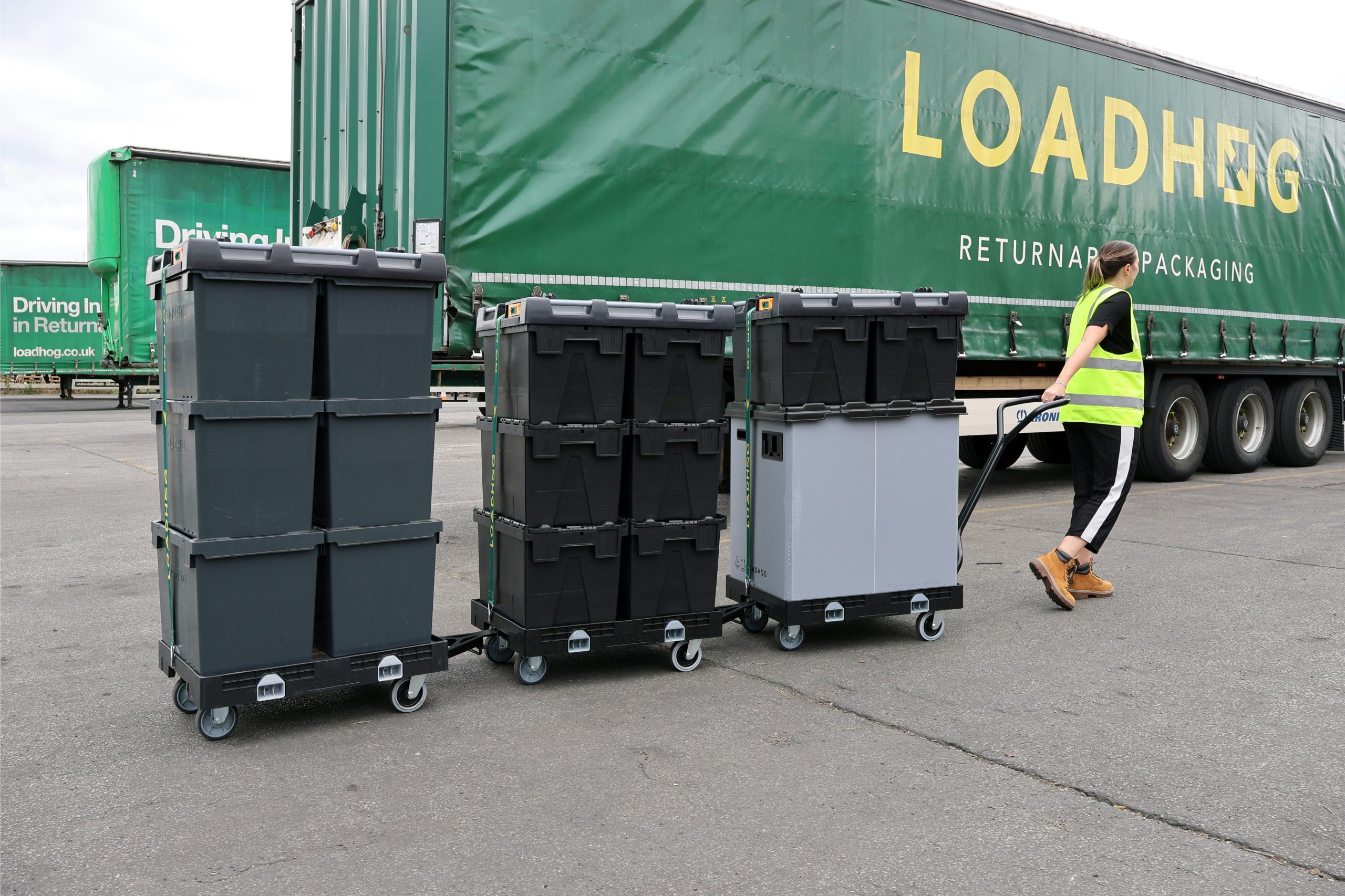We are contributing to SDG 13 – Climate Action
3rd November 2022
Goal: Take urgent action to combat climate change and its impacts
Climate change impacts the entire planet. Anthropogenic activity is responsible for this, and it threatens the stability of our future. With ever increasing GHG emissions, the rate at which climate change is occurring is much faster than previously forecasted, with the effects being felt globally.
Changing weather patterns, sea level rises, and more extreme weather events are just some of the impacts associated with a warming climate. The year 2019 was the second warmest on record, bringing with it massive wildfires, hurricanes, droughts, flood and other climate disasters. If no measures are taken to combat climate change, progress in developments will be reversed and there will be mass migrations that will lead to instability and wars.
Climate change is a global challenge that requires coordinated international cooperation. It poses a real threat to humanity and the catastrophic effects are already beginning to unfold. In order to make and enforce changes to help restore the planet, there needs to be a drive-in education, innovation and adherence to our climate commitments. This will also provide opportunities to modernise our infrastructure, subsequently creating new jobs and increase prosperity globally.
Affordable solutions are available to allow countries to change to a more resilient and low carbon economy.
SDG 13.3 – Build Knowledge and Capacity to meet Climate Change
Improve education, awareness-raising and human and institutional capacity on climate change mitigation, adaptation, impact reduction and early warning. Loadhog protect one acre of the Peruvian Rainforest which stores 260 tons CO2e and donate to the Eden Project – an educational charity which connects us with the living world, exploring how we can work towards a better future.
How we can help:
- Composting food scraps can reduce climate impact while also recycling nutrients.
- Buy eco-friendly products. Read the packaging to see if products are produced in an eco-friendly way.
- Consume less meat and become vegetarian for one day a week. The meat production industry has a huge impact on the environment. For example, to produce one kilogram of beef emits 60kgCO2e!
- Recycle paper, glass, plastic, metal, and old electronics.
- Choose reusable products. Use an eco-bag for shopping and a reusable water bottle or cup to reduce your plastic waste.
- Bike, walk or take public transport. Save the car trips for when you have a big group.
- Reduce your use of paper, avoid printing and substitute it with electronic devices or carriers. Adopt don’t shop for pets! Visit your local animal shelter and adopt an animal there.



